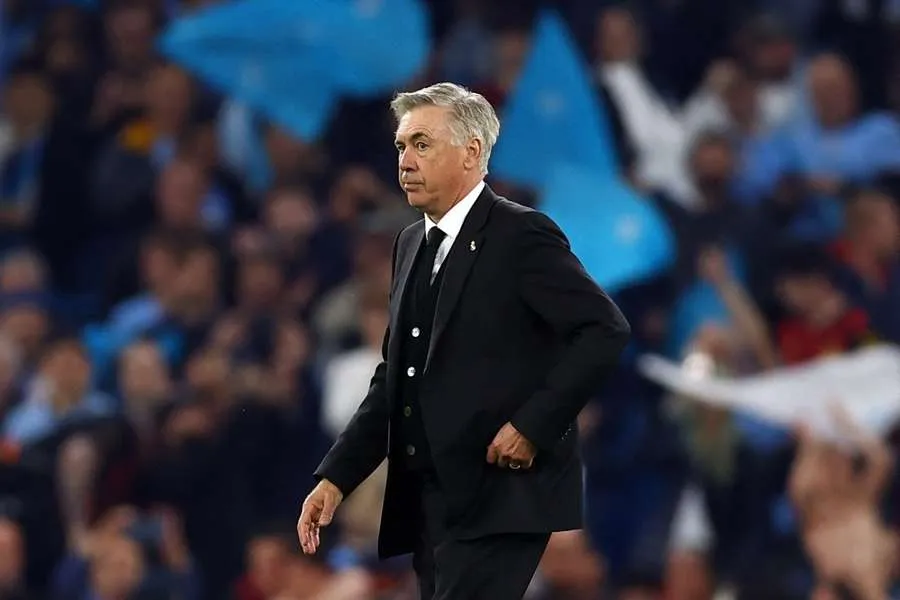A Humbling Loss Sparks Change
Brazil’s 4-1 World Cup qualifying defeat to Argentina in March wasn’t just a loss — it was a reckoning. That crushing performance exposed a disjointed squad and spelled the end for coach Dorival Júnior. With pressure mounting, the Brazilian Football Confederation made a historic move: appointing Carlo Ancelotti as the new head coach.
A Coach Beyond Borders
Ancelotti becomes the first foreign-born manager to officially lead Brazil in the modern era. While some traditionalists remain uneasy, the reality is this: Brazil’s top stars — including Vinícius Júnior — know Ancelotti well from European football. Many are already on board.
Ancelotti has reportedly reached out to Casemiro and Neymar to gauge their future involvement. Neymar, recovering from injury, may not return until June and remains a question mark for Ancelotti’s early tenure.
Why Ancelotti?
Brazilian FA president Ednaldo Rodrigues left no ambiguity:
“He is the best coach in history, and now he is with the best national team on the planet.”
With league titles in all five major European countries and a record number of UEFA Champions League trophies, Ancelotti brings elite pedigree. His reputation for balance, tactical flexibility, and calm leadership fits Brazil’s current needs.
Urgent Timeline Ahead
Ancelotti’s tenure formally begins May 26. But his first real test arrives almost immediately with World Cup qualifiers against Ecuador and Paraguay on June 5 and June 10. Brazil currently sit fourth in the CONMEBOL table — above the playoff zone, but far from secure.
Luckily, with the World Cup expanding, the pressure to qualify is less intense. The focus now is on identity, chemistry, and championship readiness.
Rebuilding Brazil’s Identity
Ancelotti inherits a team full of talent, yet short on structure. The loss to Argentina exposed deep flaws in Brazil’s midfield control and defensive shape. His track record suggests a coach who won’t panic, but will instead build methodically — elevating players like Vinícius and restoring key veterans.
“He hides weaknesses, highlights strengths, and wins respect without theatrics.”
Brazil’s football may be famous for flair, but Ancelotti’s brand of balance and trust could be the key to stability.
A Foreign Coach — But Not a Foreign Idea
Foreign influence isn’t new to Brazilian football. From the Uruguayan and Hungarian thinkers of the 1950s to the tactical evolution shaped by European leagues today, Brazil has long been influenced by the world.
Even Tite, Brazil’s last coach, drew much of his inspiration from Ancelotti himself. Now, the mentor becomes the man in charge.
Mission: Title Number Six
Brazil hasn’t won a World Cup since 2002. Two straight quarterfinal exits in 2018 and 2022 left fans frustrated. Ancelotti is expected to take Brazil at least to the semifinals — anything less may be seen as failure.
But if he succeeds?
Carlo Ancelotti could not only win Brazil its sixth star — he could cement himself as the most successful coach in the history of the sport.



